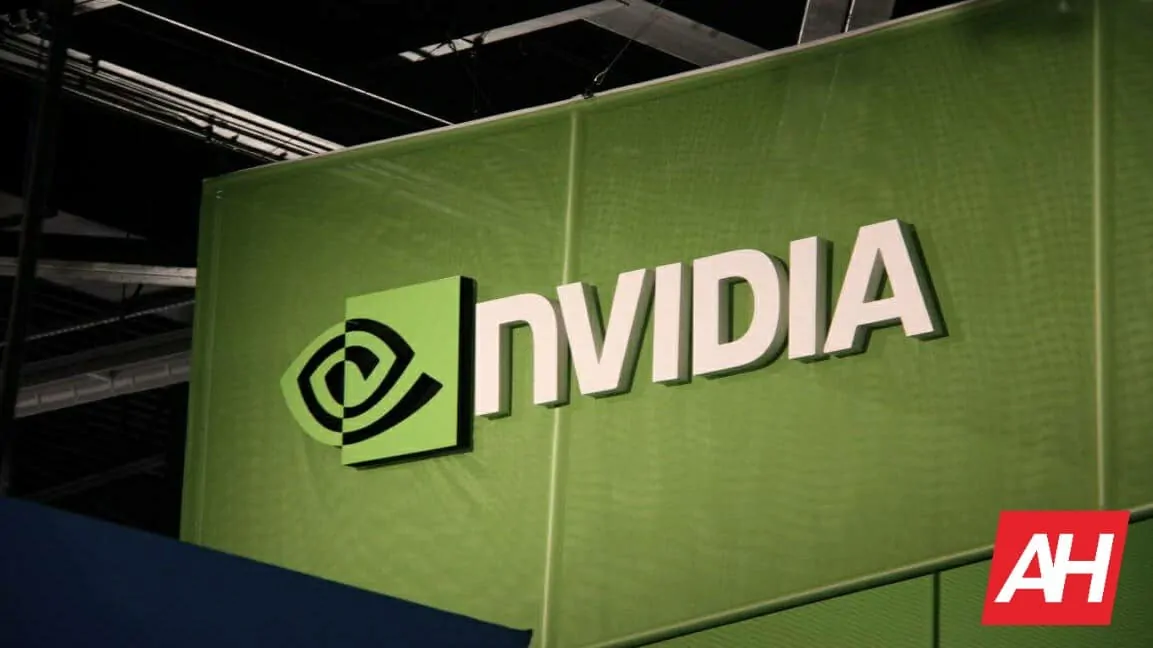Top Stories
China Bans Nvidia AI Chip Purchases Amid Tech Rivalry Surge

BREAKING: China’s Cyberspace Administration has just announced an urgent ban on Chinese tech companies, including major players like Alibaba and ByteDance, from purchasing the custom-made Nvidia RTX Pro 6000D AI chips. This decisive move comes despite these companies having placed orders for thousands of the chips designed specifically for the Chinese market.
This latest development heightens the ongoing tech rivalry between the United States and China, with both nations locked in a battle over control of cutting-edge AI technology. The ban is particularly striking as it follows a recent agreement under the Trump administration, allowing Nvidia to sell its H20 chips to China. That deal involved a 15% profit cut to the U.S., aimed at navigating export restrictions imposed by the Biden administration.
Nvidia’s CEO, Jensen Huang, expressed his disappointment over the ban, stating, “We probably contributed more to the China market than most countries have. I’m disappointed with what I see… But they have larger agendas to work out between China and the United States, and I’m understanding of that.” His comments highlight the emotional toll on international business relations.
In contrast, Republican House Speaker Mike Johnson took a firmer stance, branding China a “peer-to-peer adversary” of the U.S. In an interview with CNBC, he accused China of engaging in intellectual property theft and violating fair trade agreements. “It is not the fault of the United States that there are these strained relations. It is the fault of China,” Johnson asserted, intensifying political tensions.
This ban is a clear signal that the geopolitical struggle between the two largest economies is far from resolved. The U.S. continues to implement stringent limitations on advanced chip sales to China, citing national security concerns, while China is aggressively working to bolster its domestic chip manufacturing capabilities.
As the situation develops, stakeholders in the tech industry are advised to monitor the implications of this ban closely. The fallout could significantly impact the supply chain for AI technology, affecting not only companies in China but also the broader global market.
Expect further updates as both nations navigate this complex landscape, with potential ramifications for international trade and technology development looming large.
-

 World4 months ago
World4 months agoScientists Unearth Ancient Antarctic Ice to Unlock Climate Secrets
-

 Entertainment4 months ago
Entertainment4 months agoTrump and McCormick to Announce $70 Billion Energy Investments
-

 Lifestyle4 months ago
Lifestyle4 months agoTransLink Launches Food Truck Program to Boost Revenue in Vancouver
-

 Science4 months ago
Science4 months agoFour Astronauts Return to Earth After International Space Station Mission
-

 Technology2 months ago
Technology2 months agoApple Notes Enhances Functionality with Markdown Support in macOS 26
-

 Top Stories3 weeks ago
Top Stories3 weeks agoUrgent Update: Fatal Crash on Highway 99 Claims Life of Pitt Meadows Man
-

 Sports4 months ago
Sports4 months agoSearch Underway for Missing Hunter Amid Hokkaido Bear Emergency
-

 Politics3 months ago
Politics3 months agoUkrainian Tennis Star Elina Svitolina Faces Death Threats Online
-

 Politics4 months ago
Politics4 months agoCarney Engages First Nations Leaders at Development Law Summit
-

 Technology4 months ago
Technology4 months agoFrosthaven Launches Early Access on July 31, 2025
-

 Top Stories2 weeks ago
Top Stories2 weeks agoFamily Remembers Beverley Rowbotham 25 Years After Murder
-

 Top Stories5 days ago
Top Stories5 days agoBlake Snell’s Frustration Ignites Toronto Blue Jays Fan Fury





















